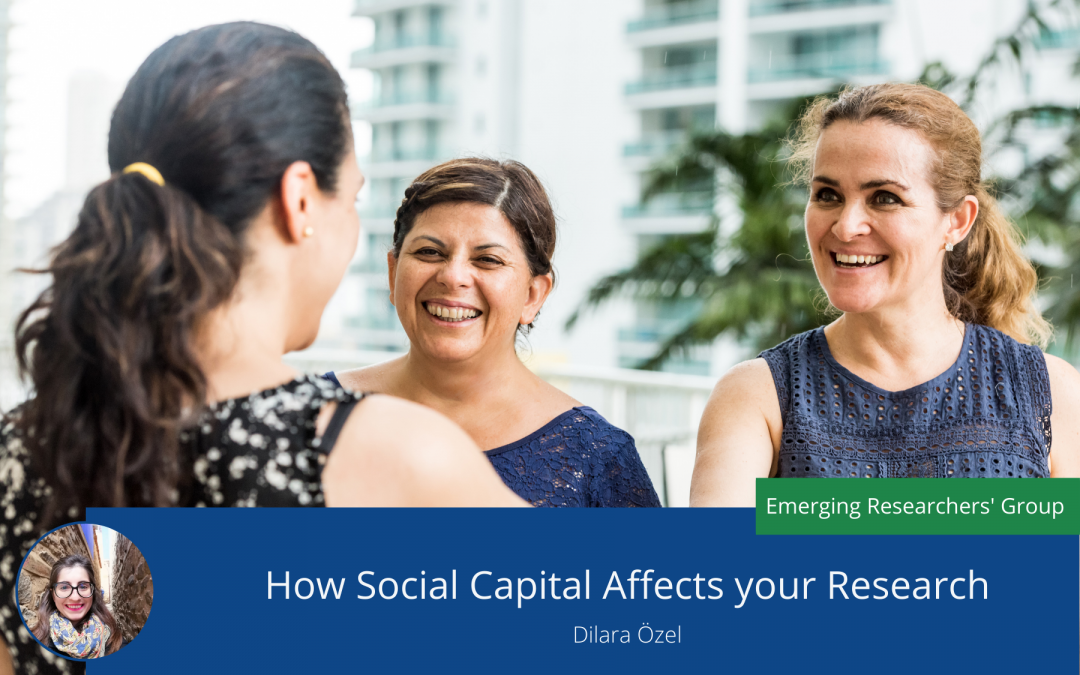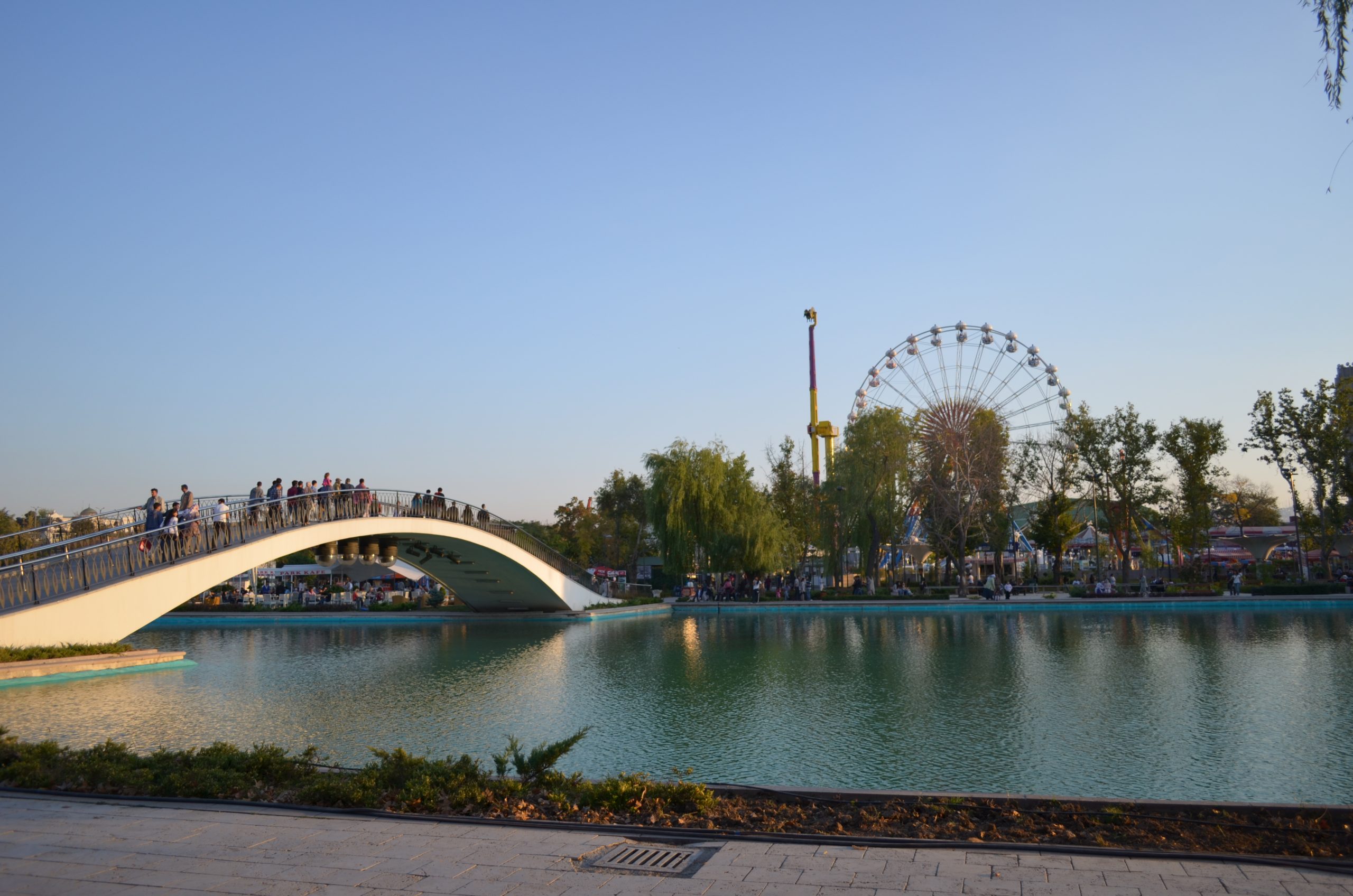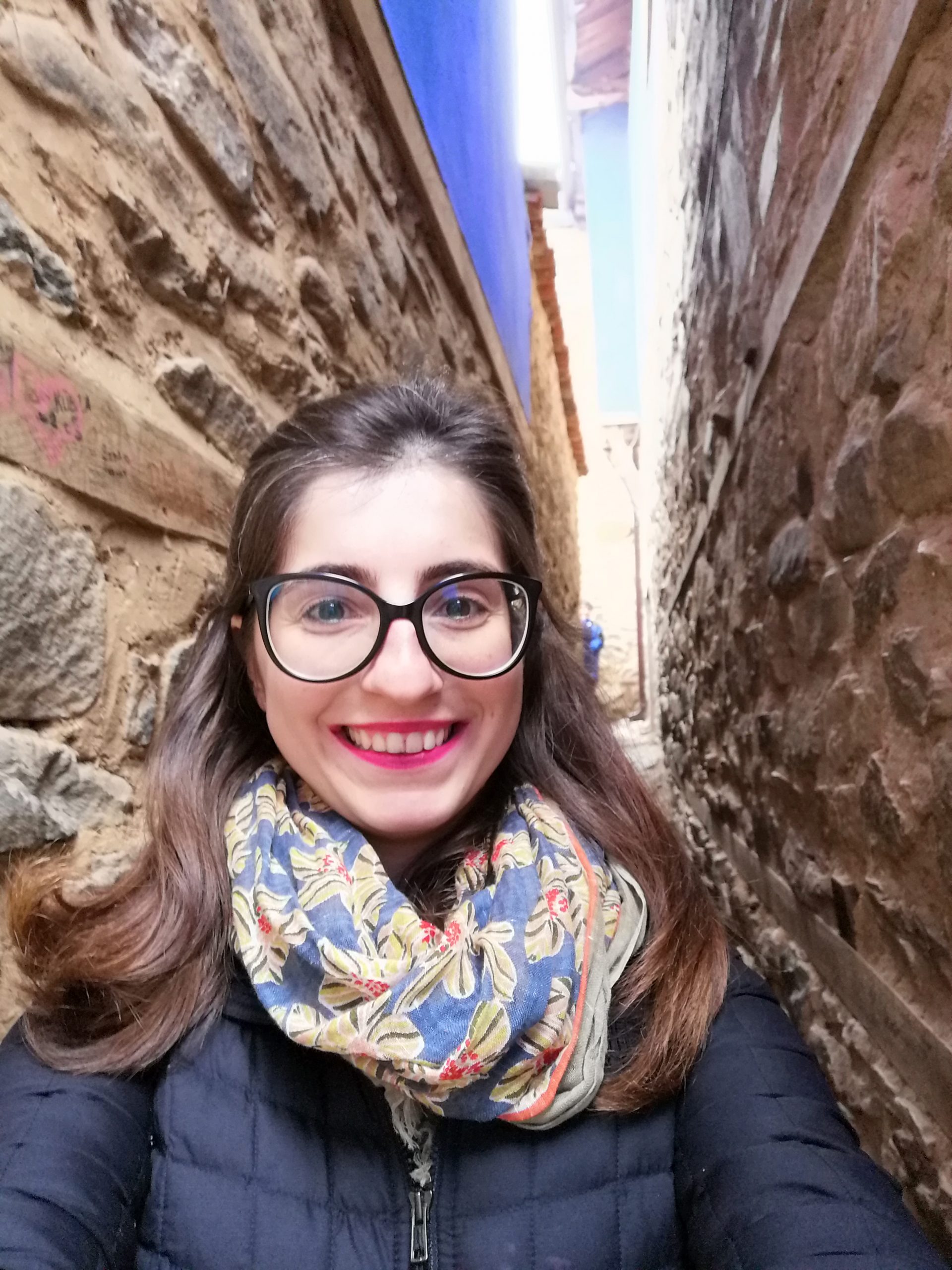
How Social Capital Affects your Research
While thinking about research, most researchers focus on the research questions, design, and methodology aspects. However, we may forget about the most important thing about research, as well as our life – the fact that we are human beings. When I was conducting research for my master thesis, this was the part that I had forgotten. There are qualities that we cannot hide, like our colour of skin, our biological gender, and our career (if we are being truthful). And then social capital and being an outsider or insider come into prominence.
What is Social Capital?
Social capital is a controversial concept in sociology, and there are many different definitions and perspectives on this concept. It is a broad concept, related to many aspects of the individual. Claridge presents a detailed typology of social capital. In his article, he described the three levels of the different dimensions of social capital: micro, meso, and macro. These levels of social capital are about all dimensions of social capital and include education, gender, ethnicity, religion, SES. Social capital is not just about the relationship and networks that the people have, but it is also about their visible and invisible characteristics.
The qualitative researcher’s perspective is perhaps a paradoxical one: it is to be acutely tuned-in to the experiences and meaning systems of others—to indwell—and at the same time to be aware of how one’s own biases and preconceptions may be influencing what one is trying to understand.
As Maykut and Morehouse stated, in qualitative research, the researcher must be aware of their social capital and its effect on their research. While doing my research for my master thesis, I was not aware of the impact of my social capital on my research.
What is MY Social Capital?

My hometown is a small, religious city in Turkey. I am a PhD student and a research assistant at one of the top-ranked universities in Ankara, Turkey, where the medium of instruction is English. I am also an alumnus of another top-ranked university in İstanbul, Turkey, where the medium of instruction is also English. I lived alone in the largest city in Europe, İstanbul, where I got my bachelor’s degree. Currently, I am living alone in Ankara, Turkey’s capital, as a woman in a Middle Eastern country. I speak English, travel abroad independently, have a career, and at the time of writing my thesis, I had neither a boyfriend or a husband.
How my Social Capital Affected my Research

My research was about Turkey’s refugee issue, and I wanted to learn about school counsellors’ issues and any problems in schools. I conducted interviews with school counsellors from different cities in Turkey. Before conducting interviews, I introduced myself briefly, giving information about the universities where I had studied and my current position. In the first interview, I was asked many questions about my personal life:
- How did you get the job at such a good university?
- Are you living alone without EVEN a boyfriend?
- How is this possible? And is it hard to work while keeping on top of household chores and responsibilities?
- Were you living alone during your bachelor’s degree as well?
- How can I, a school counsellor, get a position like yours?
- Were the questions hard for PhD admission?
- Where are you from and do you have a father and mother? What were their thoughts about your career?
During the first three interviews, I was eager to start the interview and I didn’t recognise this issue. After conducting the interviews and starting to transcribe them, I realized that the school counsellors mostly emphasized their schools’ accomplishments. They did not talk about any problems they encountered around refugee issues but concentrated only the achievements they have made. It was a huge challenge for my research because I couldn’t get the information I needed.
After this, I started to allocate some time for initial chitchat with the school counsellors. I gave more detailed information about myself, e.g., I am from a small city. I am a normal woman from Turkey. I got to know the school counsellors and put emphasized their role, acknowledging how hard it must be to work at a school with refugees in a small city. After this little chitchat, I think the school counsellors felt better understood, and they did not try to prove anything. We could then focus on the refugee issue, and they could give information more freely.
Before conducting the interview, I did not realize that my social capital, such as my gender, SES, and education level, might create such a barrier to my research. I believe that the social capital we have is vital for every person we encounter in society. We may not be aware of our privileges and/or specialities. However, the things that are usual and normal for us might be eligible for others. That is why it is useful to be aware of our own social capital, not just for our research but also for our daily lives.
References
Claridge https://www.socialcapitalresearch.com/social-capital-at-different-levels-and-dimensions/
Maykut & Morehouse, 1994, p. 123 https://www.taylorfrancis.com/books/9780203485781

Dilara Özel
PhD Student and Research Assistant at Middle East Technical University (METU) in Ankara, Turkey
Dilara Özel is a PhD student and also a research assistant in Guidance and Psychological Counseling program at Middle East Technical University (METU) in Ankara, Turkey. She received her master’s degree from the same department in METU with a master thesis titled An Examination of Needs and Issues at Refugee- Receiving Schools in Turkey from the Perspectives of School Counselors. She is an alumnus of the Faculty of Education Bachelor’s Program in Guidance and Psychological Counseling department at Boğaziçi University, İstanbul. She worked as a volunteer at several projects and trained in peace education, conflict resolution, and human rights. Then, she gave short training sessions on negotiation and mediation techniques. Dilara worked as a school counsellor at a private college with preschoolers. Her research interests are peace education, multicultural education and refugee studies.
